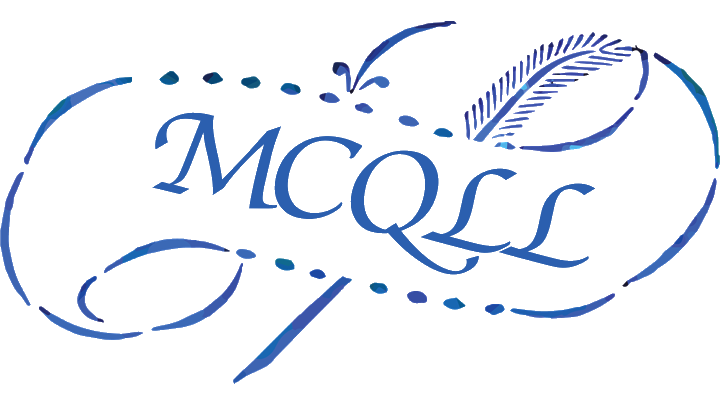Lab meeting - Amanda Doucette
At this week’s MCQLL meeting, Amanda Doucette will be presenting Unzipping the Causality of Zipf’s Law and Other Lexical Trade-offs..
- When:
- Wednesday, March 26, 10:00–11:00 (Montréal time, UTC-5)
- Where:
- MCQLL meetings this semester are in hybrid format. We will meet in-person in room 117 of the McGill Linguistics Department, 1085 Dr-Penfield. If you’d like to attend virtually, the Zoom link is here.
All are welcome to attend.
-
- Speaker:
- Amanda Doucette
- Title:
- Unzipping the Causality of Zipf’s Law and Other Lexical Trade-offs.
- Abstract:
-
here are strong constraints on the structure of a possible lexicon. For example, the negative correlation between word frequency and length known as Zipf’s law, and a negative correlation between word length and phonotactic complexity appear to hold across languages. While lexical trade-offs like these have been examined individually, it is unclear how they interact as a system. In this paper, we propose causal discovery as a method for identifying lexical biases and their interactions in a set of variables. We represent the lexicon as a causal model, and apply the Fast Causal Discovery algorithm (Spirtes et al., 1995) to identify both causal relationships between measured variables and the existence of possible unmeasured confounding variables. We apply this method to lexical data including measures of word length, frequency, phonotactic complexity, and morphological irregularity for 25 languages and find evidence of universal associations involving word length with a high likelihood of involving an unmeasured confounder, suggesting that additional variables need to be measured to determine how they are related. We also find evidence of variation across languages in relationships between the remaining variables, and suggest that given a larger dataset, causal discovery algorithms can be a useful tool in assessing the universality of lexical biases.
